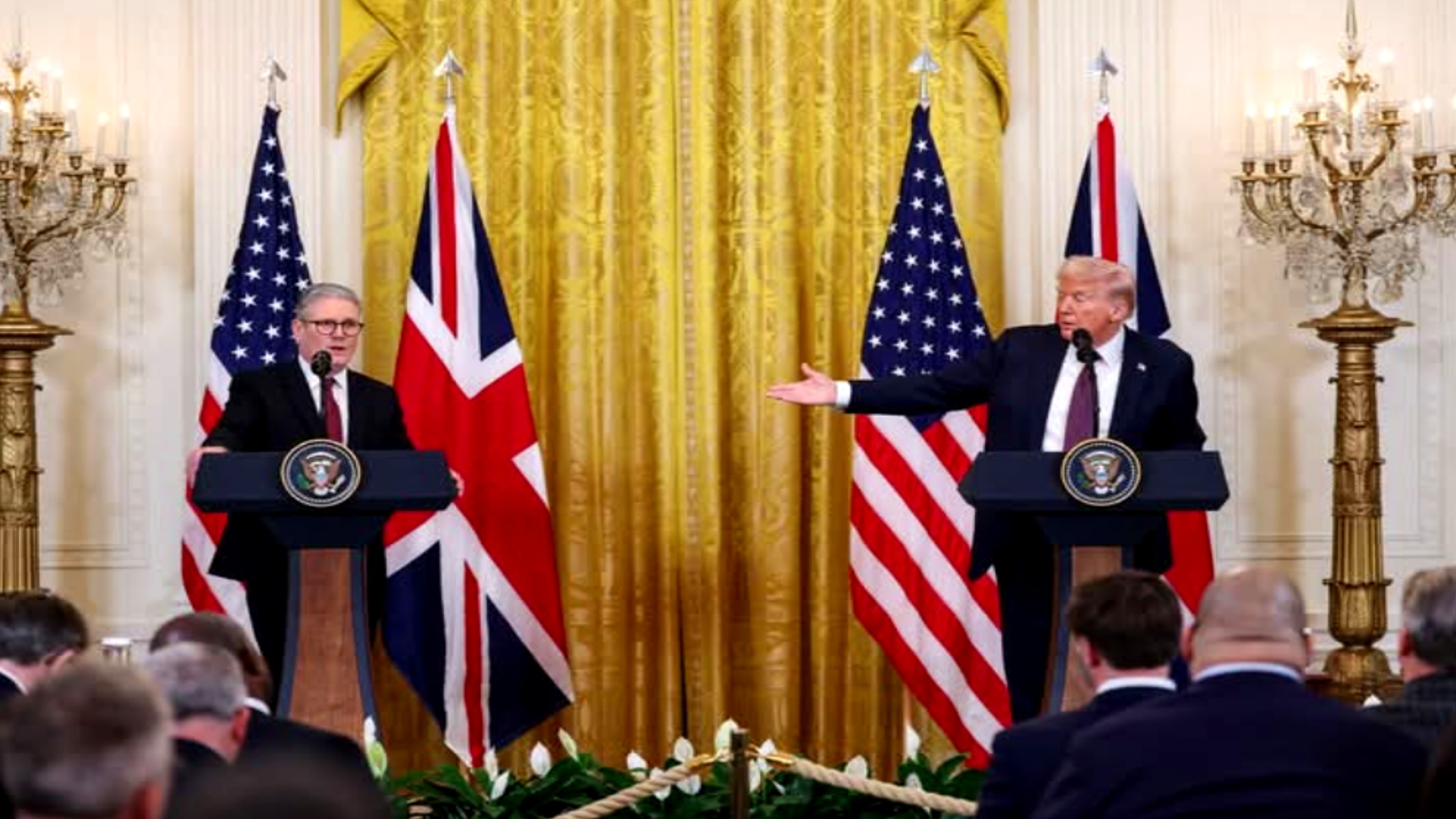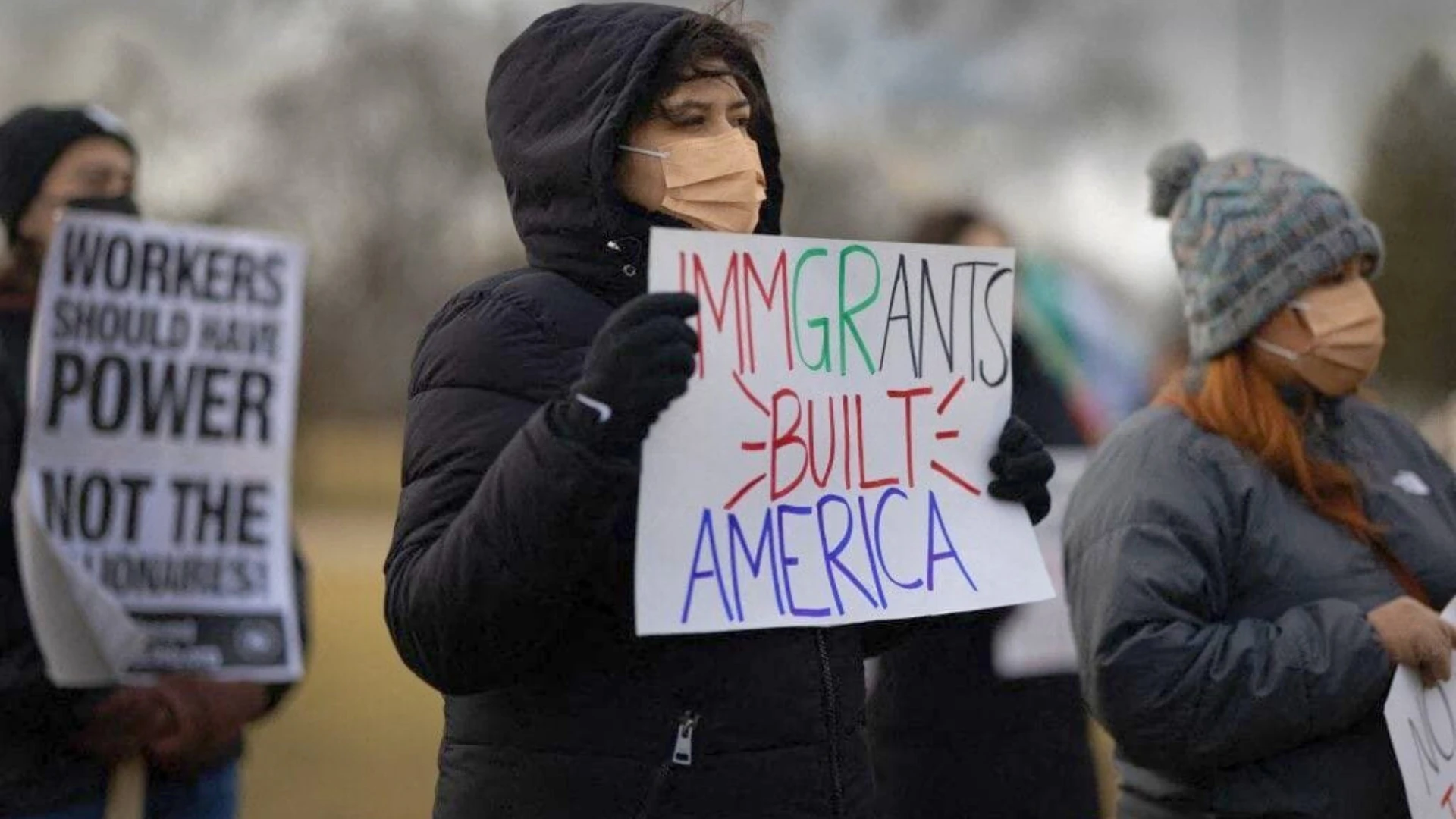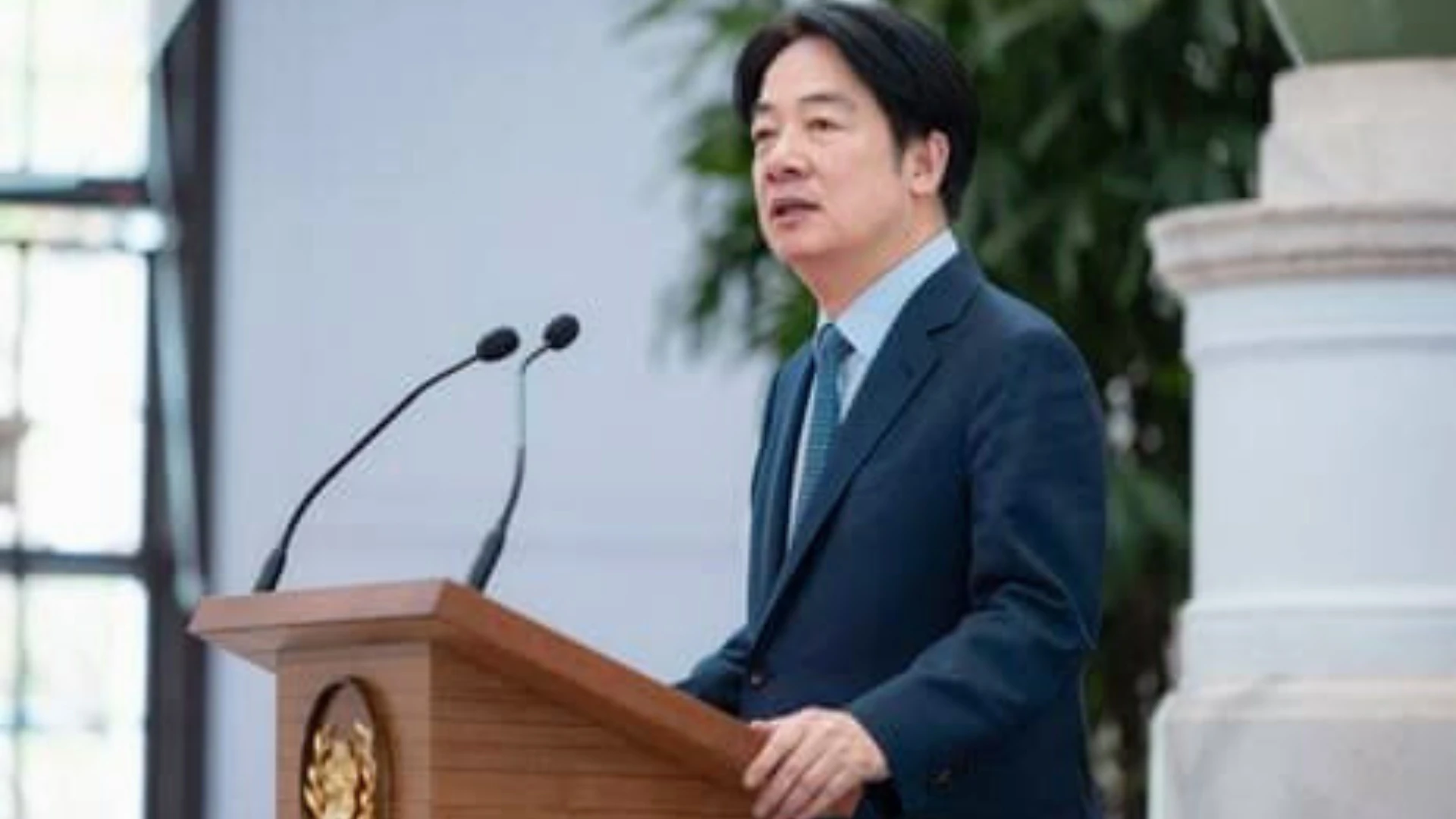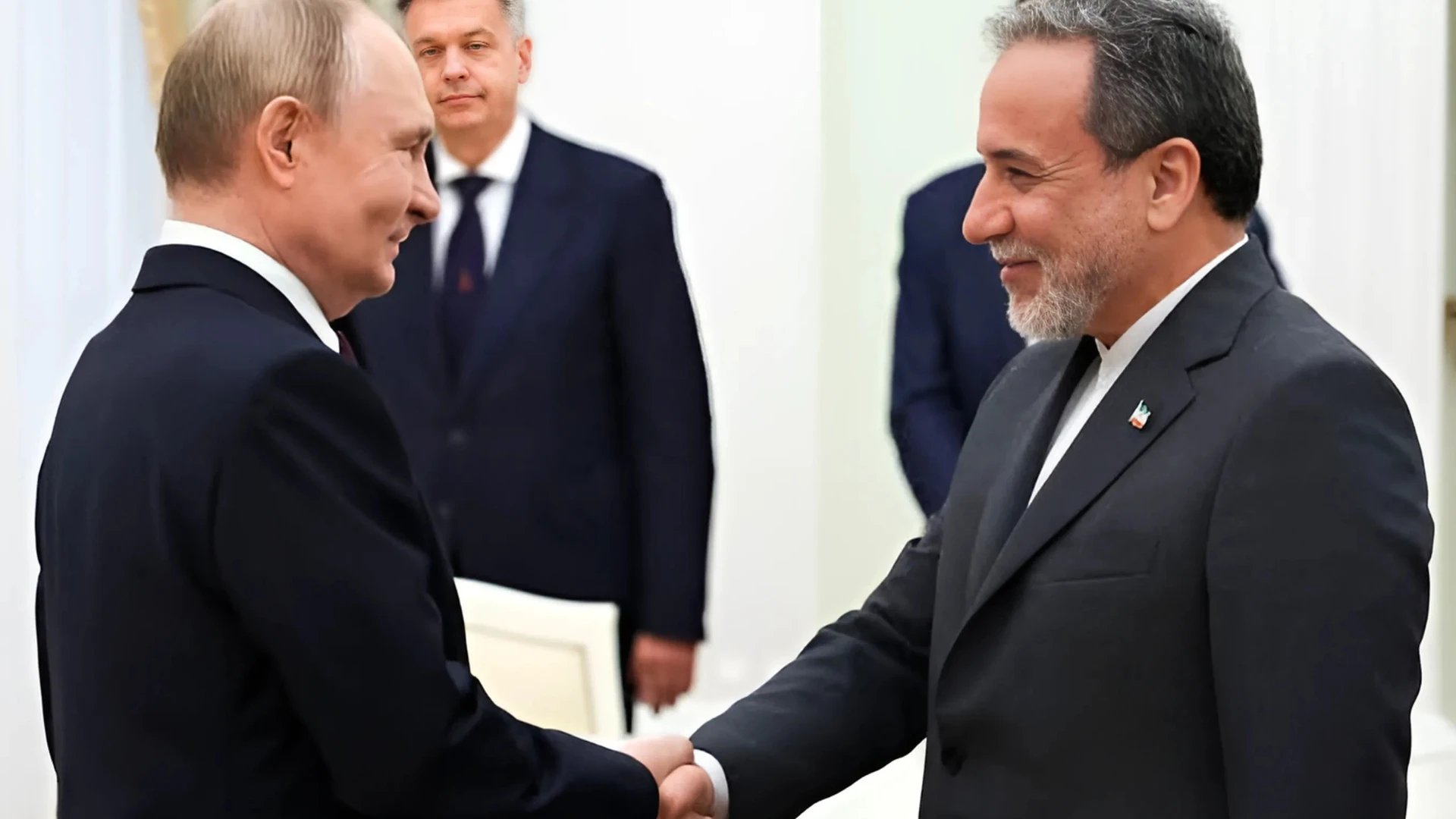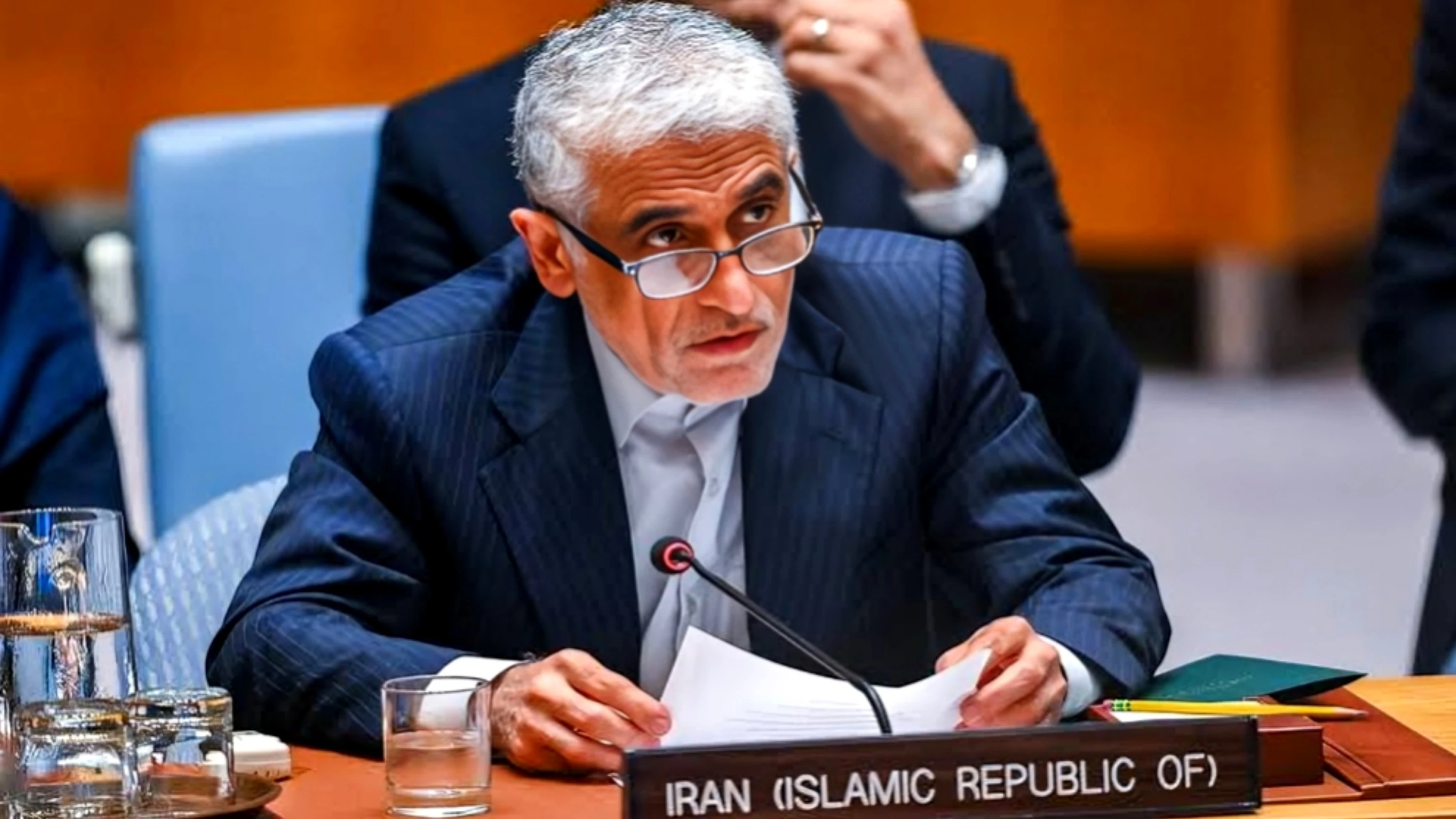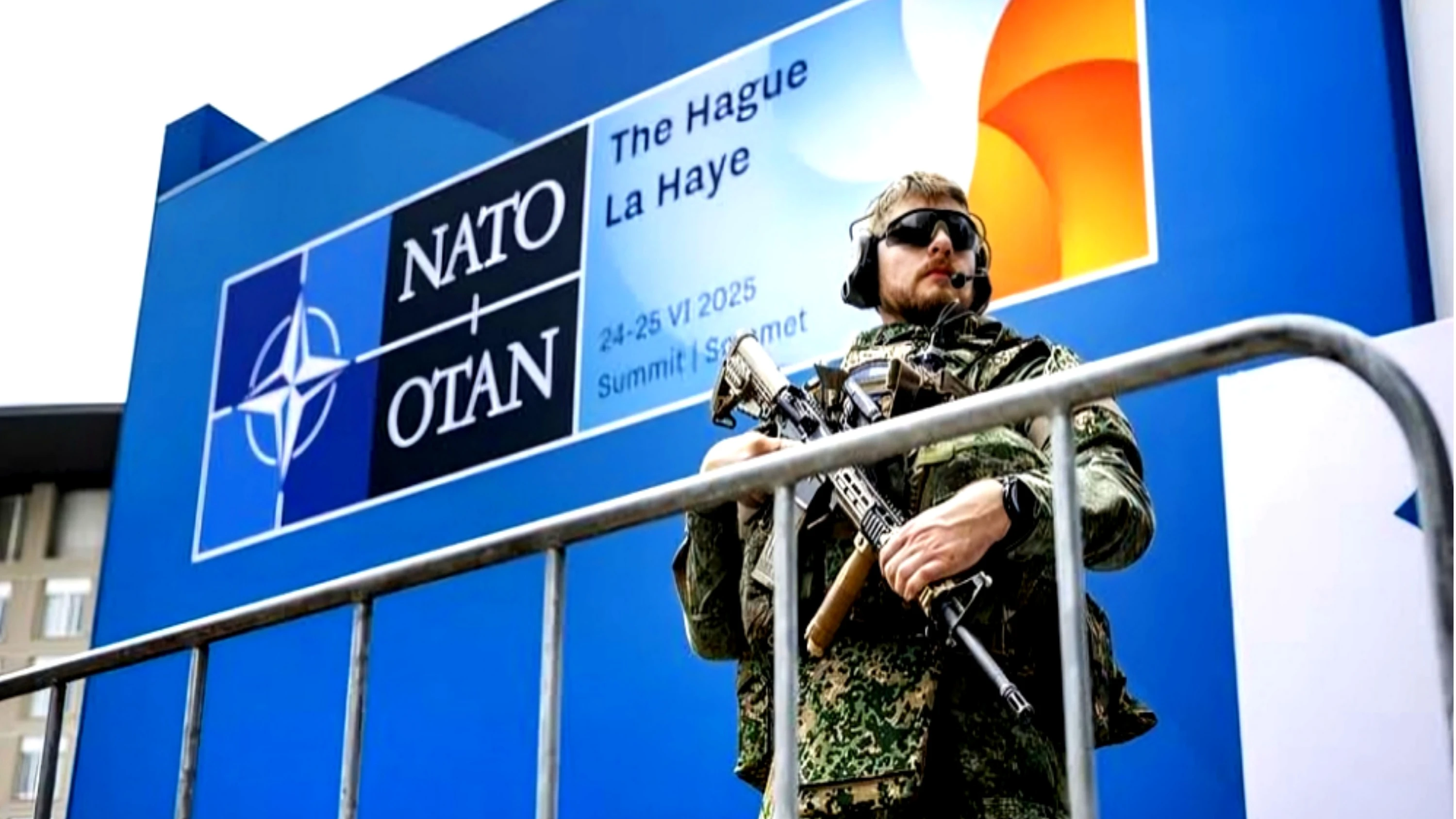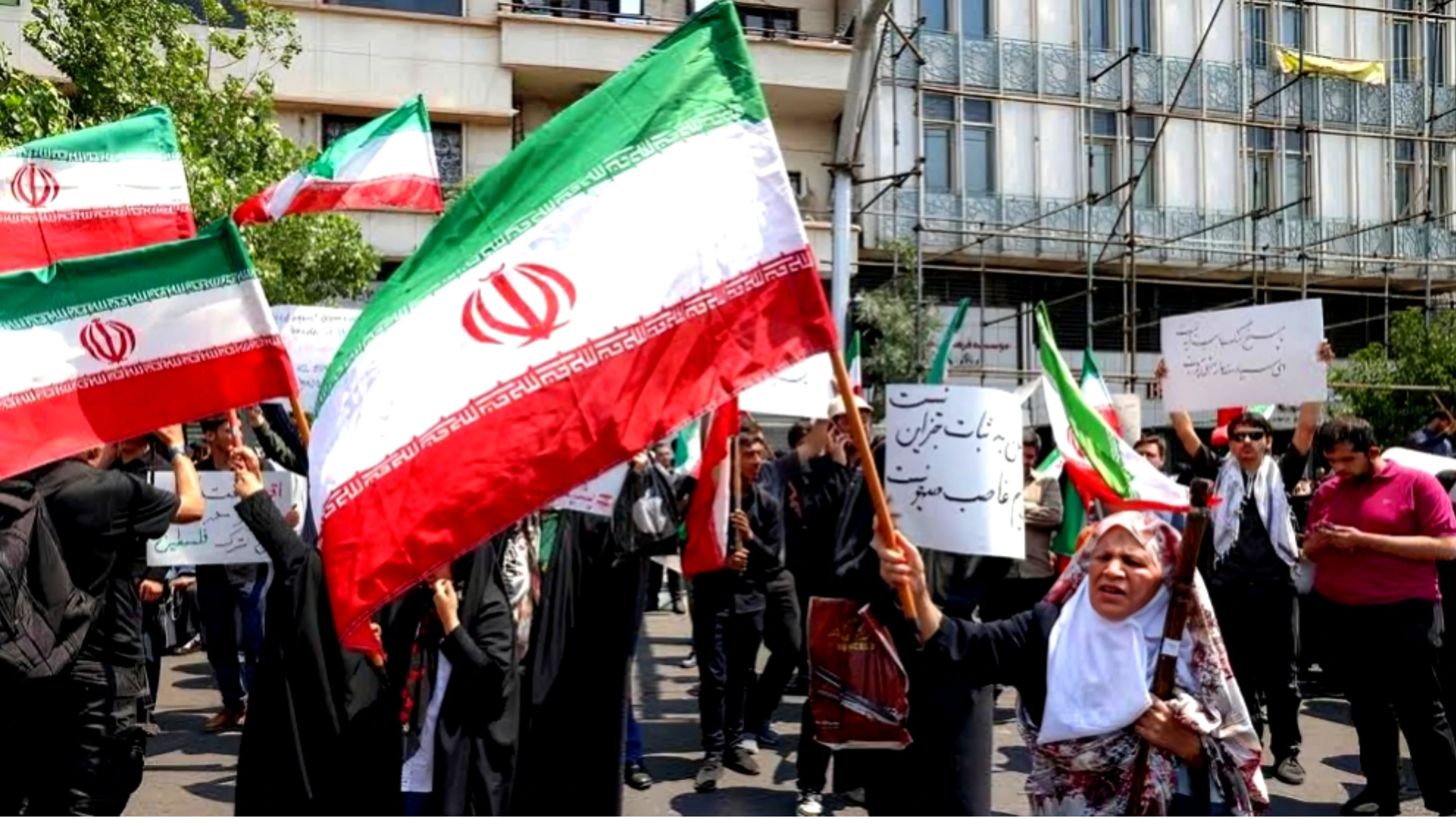Washington: President Donald Trump welcomed British Prime Minister Keir Starmer to the White House on Thursday for discussions covering a range of global issues, including Ukraine, NATO, and trade relations.
While both leaders sought to project unity, their meeting at times revealed underlying tensions in their diplomatic approach.
As a former human rights lawyer and leader of the center-left Labour Party, Starmer represents a stark contrast to Trump’s right-wing populism. However, in his initial remarks, he sought common ground, acknowledging their differences but emphasizing their shared focus on winning elections.
Trump, known for his unpredictable diplomacy, jokingly described Starmer as a “tough negotiator” during their joint press conference. However, the conversation took a sharp turn when Trump interrupted Starmer as he addressed the president’s suggestion that Canada should become a U.S. state. “That’s enough. That’s enough. Thank you,” Trump cut in, shutting down the topic.
In an effort to strengthen ties, Starmer presented Trump with an official invitation from King Charles III for a state visit to the UK, which Trump eagerly accepted. Such visits are rare, as Trump’s last state visit was in 2019 under the late Queen Elizabeth II.
Trade discussions were a key part of the meeting, with Trump highlighting the $148 billion trade relationship between the U.S. and the UK. He expressed optimism about striking a new trade deal “shortly.” However, he also reiterated his long-standing complaints that U.S.-UK trade relations are imbalanced, a point Starmer gently disputed.
“Our trading relationship is not just strong. It’s fair, balanced, and reciprocal,” Starmer said, subtly pushing back against Trump’s criticism.
One of the most pressing topics was NATO’s future. Trump reaffirmed his support for Article 5, which commits all member nations to collective defense, but added, “I don’t think we’re going to have any reason for it.” His remarks underscored concerns about his commitment to the alliance, especially given his previous threats to withdraw the U.S. if European countries did not increase their defense spending.
Starmer, in contrast, emphasized the UK’s deep military ties with the U.S., particularly as the two nations prepare to mark the 80th anniversary of Victory in Europe (VE) Day. While aligning with Trump’s calls for European allies to contribute more, he underscored NATO’s importance.
“I think it’s important for European countries, including the UK, to step up and do more in the defense and security of Europe and our continent,” he said.
A major point of contention was Ukraine. Trump has taken an unorthodox approach, holding separate peace negotiations with Russia and recently accusing Ukrainian President Volodymyr Zelenskyy of being a “dictator.”
While Starmer commended Trump for pursuing peace, he warned against any resolution that would “reward the aggressor” or embolden regimes like Iran. “History must be on the side of the peacemaker, not the invader,” he stated.
Trump, meanwhile, hinted at securing U.S. access to Ukraine’s rare earth minerals in exchange for potential security guarantees, though details remain unclear.
The leaders briefly touched on the conflict in Gaza, where a fragile ceasefire has been in place since January following over a year of Israeli bombardment. The humanitarian crisis remains dire, with tens of thousands of Palestinians killed and many still trapped under rubble.
Earlier this month, Trump sparked global outrage by suggesting the U.S. “take over” Gaza and turn it into a resort. While he has since softened his stance, he remained vague on Thursday, saying only that his administration is working on “some pretty good solutions.”
In contrast, Starmer made a firm case for a two-state solution, emphasizing Palestinian sovereignty and the urgent need for humanitarian aid. “We need to allow Palestinians to return and rebuild their lives, and we must all support them in doing that,” he said.
While the meeting between Trump and Starmer was framed as a reaffirmation of the U.S.-UK alliance, it also underscored ongoing friction on key global issues. Starmer, while careful not to openly challenge Trump, subtly countered his views on trade, NATO, and diplomacy.
With Trump’s upcoming meeting with Zelenskyy and growing international concerns about U.S. foreign policy direction, the White House discussions signaled that the transatlantic relationship remains strong—but not without its challenges.


